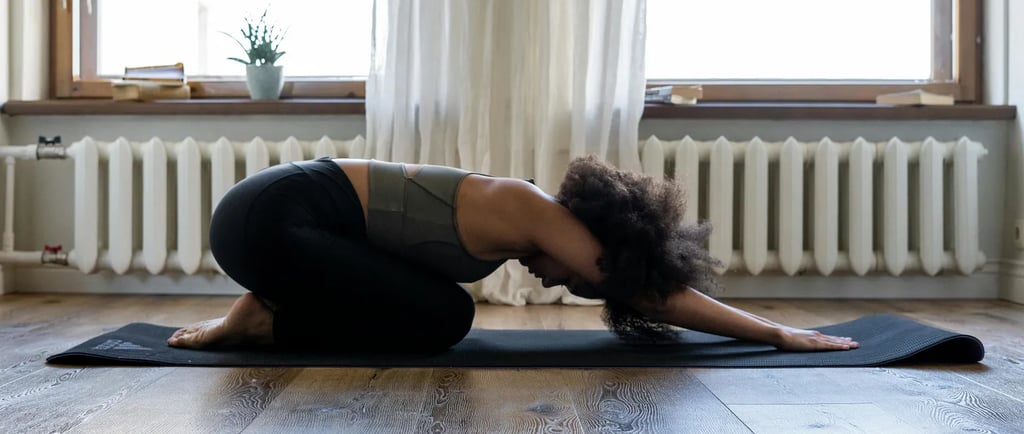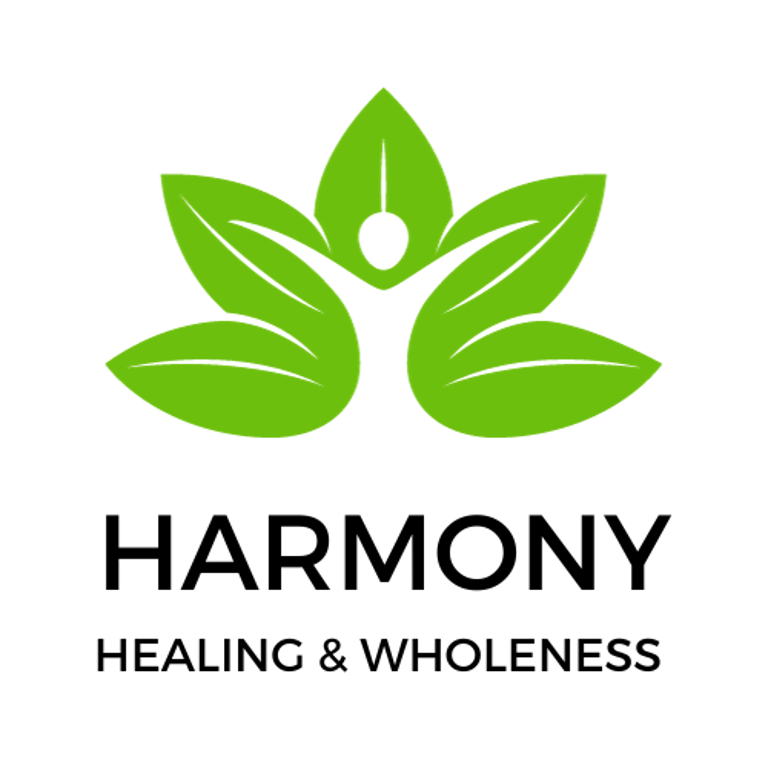Restoring the Body After Fun
Why Even Positive Stress Requires Recovery
Lori Erwin-Johnson, MS PSY
7/7/20253 min read


When we think about the need for recovery, we often associate it with trauma, burnout, or chronic distress. But did you know that even positive stress, or what psychologists call eustress, can take a toll on your body and mind?
Whether you’ve just wrapped up an exciting project, hosted a family gathering, spoken on stage, or celebrated a holiday with high energy and lots of stimulation, your body has still gone through a stress cycle. And like all cycles, it needs closure, a return to regulation, calm, and balance.
What Is Eustress?
Eustress is a type of stress that is short-term, beneficial, and even motivating. It energizes us to meet a challenge like preparing for a performance, organizing an event, or navigating a new adventure. It’s what gives us the butterflies before a big moment and the adrenaline that sharpens our focus.
Unlike distress, which depletes and overwhelms, eustress is often welcomed, but it still activates the sympathetic nervous system. Our bodies don’t always distinguish between "good" and "bad" stress at the physiological level. Both involve heightened arousal, increased cortisol, and taxed energy systems.
So, while you may have loved that busy, exciting week, you might still find yourself dragging after it. This is not laziness, it’s biology.
The Nervous System Doesn’t Know the Difference
Eustress and distress both:
Activate the fight-flight-freeze response
Increase cortisol and adrenaline
Suppress digestion, immune response, and sleep quality in the short term
Leave us needing recovery time afterward
The difference is emotional. Distress feels unsafe, while eustress feels exciting or purposeful. But both require intentional restoration to return the body to homeostasis.
Ways to Restore After Eustress (or Distress)
Restoration doesn’t always mean taking a nap (though that can help!) Here are a few somatic (body-based) ways to reset your nervous system and replenish energy after any high-stimulation period:
Restorative Yoga or Gentle Stretching
Low-impact poses held for longer periods help release physical tension while calming the mind. Focus on breath and allow your body to sink into gravity.
Qi Gong or Tai Chi
These gentle, flowing movement practices support energy flow (Qi) and enhance proprioception, balance, and inner calm. They work particularly well for people who feel "wired but tired."
Breathwork
Intentional breathing, like box breathing or coherent breathing, can switch on the parasympathetic nervous system and bring clarity and calm within minutes.
Mindful Walking
Slow, conscious walking, especially in nature, helps regulate cortisol levels and connect you back to your body. The rhythmic movement of walking supports emotional integration.
Meditation or Guided Visualization
Even five minutes of focused presence can help your mind and body downshift. Visualization techniques that invite safety or serenity are especially effective after overstimulation.
Body Scan or Progressive Relaxation
These techniques help you tune into parts of your body that may be carrying tension from the recent stress cycle even if it was “good” stress.
Recovery Is Not Optional
Too often, we ride the waves of eustress without building in recovery. We go from launch to celebration to cleanup without the essential pause that allows our system to return to balance.
And over time, even positive stress, without rest it can lead to burnout.
You don’t need to earn rest by being exhausted. You only need to honor your body’s rhythm.
Let’s Normalize Recovery
Let’s begin normalizing the idea that nervous system regulation is for everyone, not just those in distress.
Whether you’re a wellness professional, a leader managing high-performing teams, or simply a human navigating a full life, remember:
Excitement still taxes the body. Joy still needs grounding. Even celebrations deserve a soft landing.
What’s Your Practice?
What’s one thing you do to restore your energy after a big (but good!) week or event? I’d love to hear your go-to recovery practice.
Let’s start a conversation about whole-person wellbeing before burnout becomes the only teacher.


